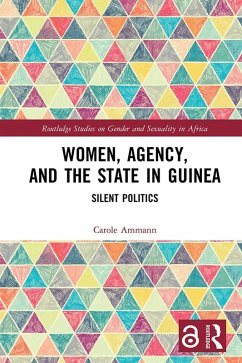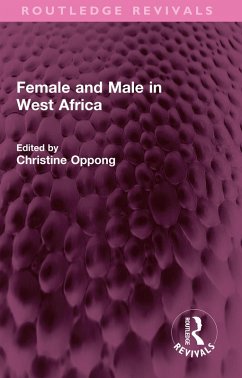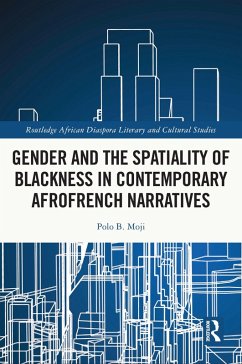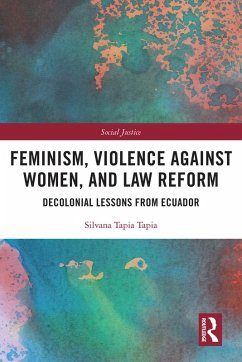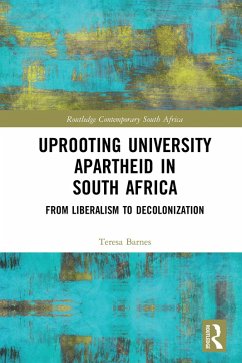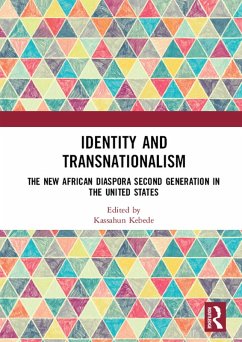
Women, Agency, and the State in Guinea (eBook, PDF)
Silent Politics

PAYBACK Punkte
0 °P sammeln!
This book examines how women in Guinea articulate themselves politically within and outside institutional politics. It documents the everyday practices that local female actors adopt to deal with the continuous economic, political, and social insecurities that emerge in times of political transformations.Carole Ammann argues that women's political articulations in Muslim Guinea do not primarily take place within women's associations or institutional politics such as political parties; but instead women's silent forms of politics manifest in their daily agency, that is, when they make a living,...
This book examines how women in Guinea articulate themselves politically within and outside institutional politics. It documents the everyday practices that local female actors adopt to deal with the continuous economic, political, and social insecurities that emerge in times of political transformations.
Carole Ammann argues that women's political articulations in Muslim Guinea do not primarily take place within women's associations or institutional politics such as political parties; but instead women's silent forms of politics manifest in their daily agency, that is, when they make a living, study, marry, meet friends, raise their children, and do household chores. The book also analyses the relationship between the female population and the local authorities, and discusses when and why women's claim making enjoys legitimacy in the eyes of other men and women, as well as representatives of 'traditional' authorities and the local government.
Paying particular attention to intersectional perspectives, this book will be of interest to scholars of African studies, social anthropology, political anthropology, the anthropology of gender, urban anthropology, gender studies, and Islamic studies.
Carole Ammann argues that women's political articulations in Muslim Guinea do not primarily take place within women's associations or institutional politics such as political parties; but instead women's silent forms of politics manifest in their daily agency, that is, when they make a living, study, marry, meet friends, raise their children, and do household chores. The book also analyses the relationship between the female population and the local authorities, and discusses when and why women's claim making enjoys legitimacy in the eyes of other men and women, as well as representatives of 'traditional' authorities and the local government.
Paying particular attention to intersectional perspectives, this book will be of interest to scholars of African studies, social anthropology, political anthropology, the anthropology of gender, urban anthropology, gender studies, and Islamic studies.
Dieser Download kann aus rechtlichen Gründen nur mit Rechnungsadresse in A, B, BG, CY, CZ, D, DK, EW, E, FIN, F, GR, HR, H, IRL, I, LT, L, LR, M, NL, PL, P, R, S, SLO, SK ausgeliefert werden.




